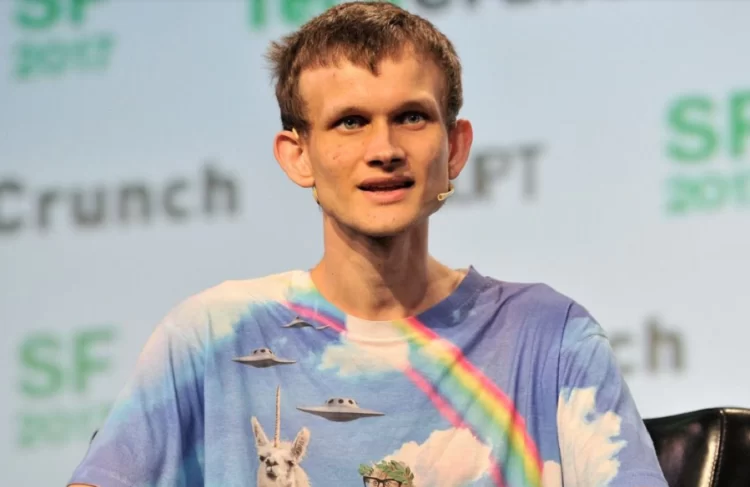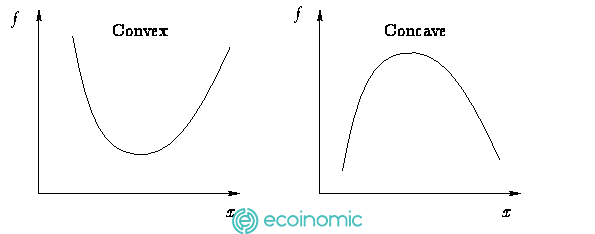Advertisement
Ethereum co-founder Vitalik Buterin has stood up for Decentralized Autonomous Organizations (DAOs), arguing that in some cases, they can be more efficient and fair than traditional corporate structures.
In theory, DAOs are owned and managed by their members and have no central leadership. All decisions regarding aspects such as the use of funds or protocol improvements are made through a vote on proposals submitted to the community.
In a lengthy post on his website on Sept. 20, Buterin pointed out that critics often argue that DAO governance is ineffective. Critics for DAO idealists are naïve and traditional corporate governance structures with boards and CEOs as the optimal method for making important decisions.
DAOs are not corporations: where decentralization in autonomous organizations mattershttps://t.co/PDh9tIRXcm
— vitalik.eth (@VitalikButerin) September 19, 2022
However, the Ethereum co-founder believes that this view is wrong and argues that in some situations, mere forms of debate are also likely. work better than corporate structures that focus power on one or a few individuals. However, he also believes it depends on what kind of decision, convex or concave.
Examples of important convex decisions such as pandemic adaptation, military strategy, and technology choices in cryptocurrency protocols. While concave decisions include judicial issues, public goods funding and tax rates.
“If a decision is convex, we want a compromise, and if it’s concave, we want to topple a coin,” he wrote.

According to Buterin when decisions are convex, decentralizing the decision-making process can lead to “confusion and possibly poor quality decisions,” however when it’s concave decisions, they “rely on the collective understanding to be able to give better answers.”

“In these cases, where DAO-like structures have large amounts of diverse inputs, it’s critical to make meaningful decisions.”
DAOs often apply decentralization to protect themselves from external attacks and censorship. Due to the nature of the space as well as the remote and online nature of some projects, “background checks and quality” can be difficult.
Buterin argues that this is exactly why DAOs are needed and argues that the decentralized world needs to “distribute decision-making power to more people, so that each individual decision-maker has less power and, therefore, collusive relationships are more likely to be denounced and disclosed.”
He admits the DAOs are not without their problems. In certain situations, there needs to be a more centralized structure, such as when an organization operates with central core leadership and has separate teams working independently.
Core leadership is decentralized, but Buterin says individual groups still need to follow a clear hierarchy, adopting a “clear perspective and guiding decisions.” Buterin further explained, saying in some cases, DAOs may need to “use company-like forms” to “address unwanted uncertainty.”
He concluded by saying that for some organizations, even in the crypto world, “forms of governance are much simpler.
“But this does not negate the fact that the ecosystem would not exist without some form of decentralization, non-corporate form, and being able to keep the entire network running stably.”
See also: Arbitrum awards 400 ETH to a white hat hacker for discovering a serious security vulnerability
















